Courses

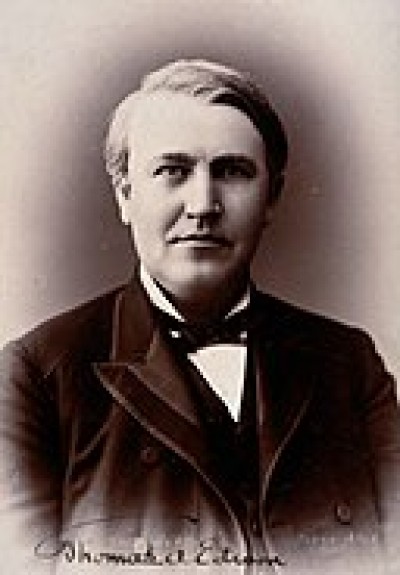
 Compare
Compare
At the age of sixty-seven, Edison watched his life’s work, his huge experimental laboratory at West Orange, New Jersey, burn down. The damage was estimated at seven million dollars in 1914, the year that the fire devastated the laboratories, only two million of which was insured. While watching the flames consume building after building, Edison said to other onlookers that it offered him an opportunity to build more suitable and innovative labs with the most up-to-date equipment.
0 Lessons
Hours

 Compare
Compare
The discovery of oxygen is closely connected with revolution in late eighteenth century France and with two scientists, one British and the other French. They are both sometimes called ‘The Father of Chemistry’. They were Joseph Priestly and Antoine-Laurent de Lavoisier.
0 Lessons
Hours

 Compare
Compare
Architecture, the practice of designing and constructing buildings, has been around since human beings stopped living in caves and needed to put a roof over their heads. For thousands of years, there was no concept of ‘architecture’: people just built what they needed, as best they could, taking into account the materials available and the environment in which the structure or building needed to operate. Put simply, if you lived in a cold forest you need to make a warm house and you would almost certainly use wood to build it. If you lived in a hot, rocky desert you would want to build a house that kept you cool and you’d use stone as the main building material.
0 Lessons
Hours
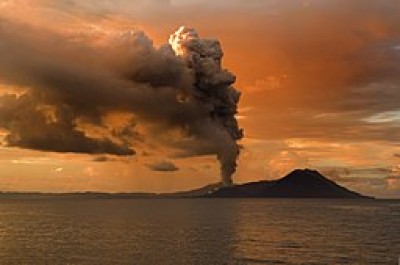
 Compare
Compare
Mountains are some of nature’s most beautiful yet most daunting features. The views of them and from them are some of the most memorable of our lives. But, where do these giants come from? And, what’s the difference between a mere hill and a true mountain?
0 Lessons
Hours
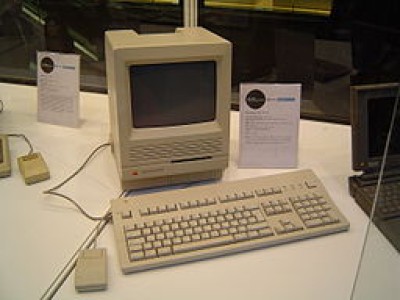
 Compare
Compare
It may seem odd but the computer has, in fact, been invented twice. The first time was in mid-nineteenth century Britain and, then again, a hundred years later in the same country. The reasons are complicated but the original inventor, Charles Babbage, was both impatient and uninterested in communicating his work. Besides, the machine itself was not actually built until a few years ago, although the design pre-dated it by a century and a half.
0 Lessons
Hours
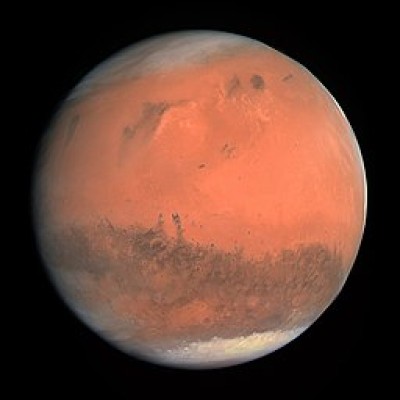
 Compare
Compare
We have no time to explore space exploration and the entire history of astronomy. So, we are going to ignore many of our adventures with building rockets and flying them to different parts of our universe. Exploration of our solar system captured the public imagination in 1961 when the Soviet Russian astronaut, Yuri Gagarin, became the first human being in space. Fuelled by competition between the two superpowers in the Cold War, the Soviet Union and the United States, America put a man on the moon eight years later. His name was Neil Armstrong. However, our trips to Mars and Venus are not so well-known. Here is the history of what we have discovered about these planets and our exploration of them.
0 Lessons
Hours

 Compare
Compare
Aristotle as long ago as 350 B.C. began classifying living organisms on the Greek island of Lesbos. This work has continued uninterrupted ever since. The best-known taxonomist was the Swede, Carl Linnaeus, who lived in the eighteenth century and who organized the classification of all living organisms into flora (plants) and fauna (animals). He also introduced a hierarchical system with class at the top of the pyramid, then order, followed by genus, and, finally, species.
0 Lessons
Hours
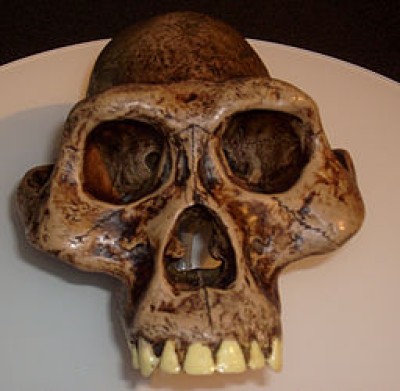
 Compare
Compare
The first ‘people’ to walk on two legs probably stood up about four to five million years ago in eastern Africa. But things started long before then: ten million years ago, the Earth’s climate was changing and the wet forests were disappearing. These were the natural home (or habitat) of apes. As the forests got smaller, so apes slowly evolved into animals that started to walk on two legs. But why did they need to do that? Scientists tell us that walking on two legs does not use as much energy and the sun shines on less of our bodies, so we don’t lose so much water. We can also carry things, see more because we are taller and reach for things higher up on trees. Another idea is that there were more lakes then than there are now and standing on two legs made fishing less dangerous.
0 Lessons
Hours
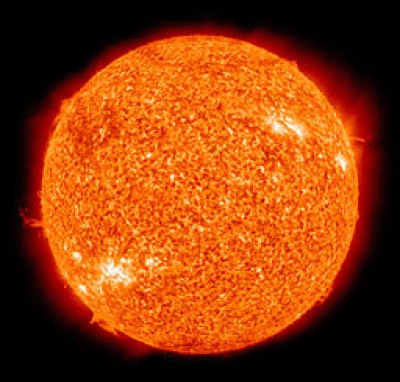
 Compare
Compare
What makes the sun a star and not a planet? Why does the earth have just the right climate for life? Where did the moon come from? Does our sun go around a bigger sun? What makes a planet and how is it different from an asteroid? What do we know about planets that are not in our solar system? The questions go on and on and on. But it is only now that we’re learning some of the answers.
0 Lessons
Hours